|
Is there a relationship between the weakening of democratic states, and economic performance? Comparative politics scholars Nisha Bellinger and Byunghwon Son studied Venezuela, Hungary and Turkey, all countries that have seen elected leaders turn authoritarian in recent years. They explain why the three countries are facing economic crisis or stagnation, with shrinking GDP and foreign investors fleeing.
Liberia’s constitution contains what’s known as a "Negro clause" which limits citizenship in the country to black people. Similar clauses were included in the laws of a number of other African countries, including Chad, Malawi and Mali, but all have been removed. The fact that Liberia has kept the clause is deeply rooted in its history. President George Weah is finally trying to change the law. But, warns Robtel Neajai Pailey, he'll face an uphill battle.
|
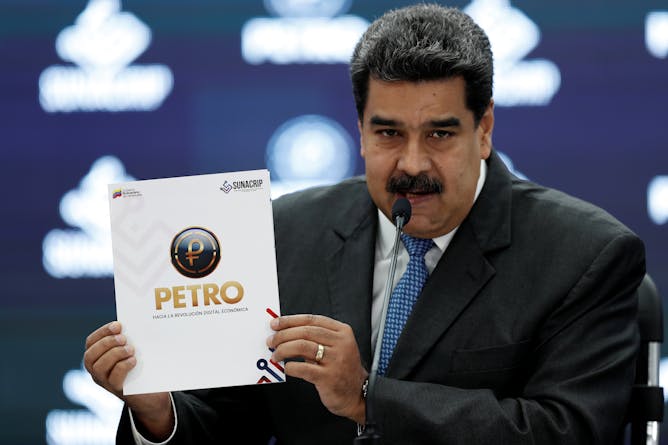
Venezuelan President Nicolás Maduro created a new cryptocurrency called the ‘Petro’ to combat hyperinflation.
Reuters/Carlos Garcia Rawlins
Nisha Bellinger, Boise State University; Byunghwan Son, George Mason University
When an elected leader turns autocratic, the economy tends to suffer. That's because, in a functioning democracy, economic policy is made jointly, with lawmakers playing a key role.
|
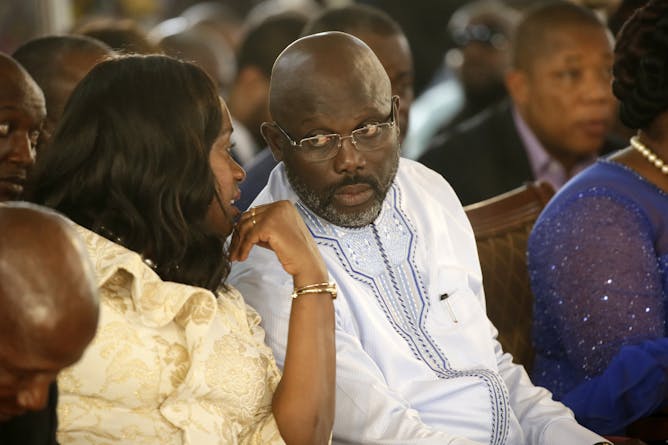
Liberia’s President George Weah has ruffled feathers by proposing changes to citizenship laws.
EPA-EFE/AHMED JALLANZO
Robtel Neajai Pailey, University of Oxford
Liberian President George Weah believes the current citizenship regulations in the country are unnecessarily "racist" and restrictive.
|
Science + Technology
|

Saleem Alhabash, Michigan State University
After 15 years of Facebook, the ways brands use it for marketing and advertising have changed – right alongside the way people make decisions as they scroll through a never-ending feed of information.
| |
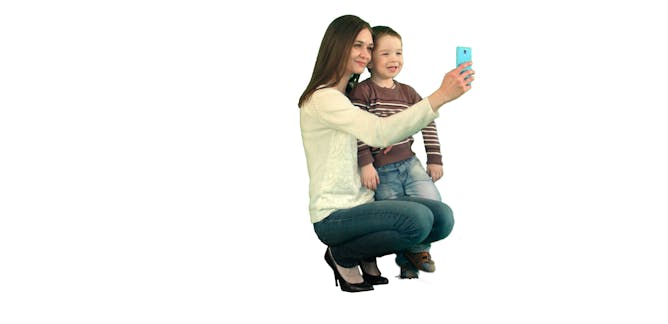
Priya C. Kumar, University of Maryland
Parents have engaged in forms of 'sharenting' for generations. The digital age has complicated things, but while critics make some valid points, they're missing the forest from the trees.
|

Mohammad Taha Khan, University of Illinois at Chicago; Narseo Vallina-Rodriguez, University of California, Berkeley
Virtual private network companies make lots of promising claims about their services. Most people don't have the skills to double-check their providers. So this group of researchers did the testing.
| |
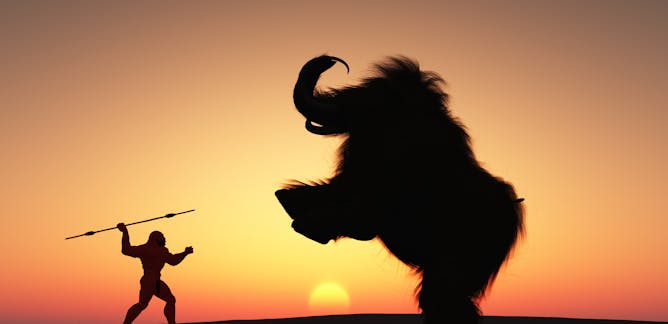
John Stewart, Bournemouth University; Mark Thomas, UCL
A new study suggests Neanderthals may have lived in woodlands rather than tundras, meaning they were most likely sprinters.
|
|
|
Health + Medicine
|

Michael P. Lisanti, University of Salford
Cancer treatment could be revolutionised by the discovery of the origin cells which divide first.
| |
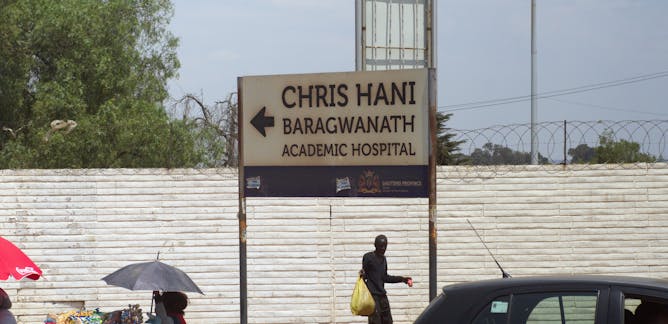
Wezile Chitha, University of the Witwatersrand
South Africa's Competition Commission has delayed the release of the final report of an inquiry into the private healthcare again.
|
|
|
En français
|
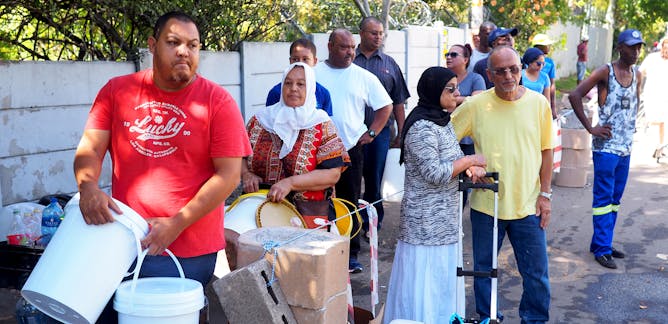
Mark New, University of Cape Town; Friederike Otto, University of Oxford; Piotr Wolski, University of Cape Town
Les systèmes d’approvisionnement en eau n’ont pas été conçus pour répondre aux évolutions météorologiques provoquées par le changement climatique. Il est désormais nécessaire de les adapter.
| |
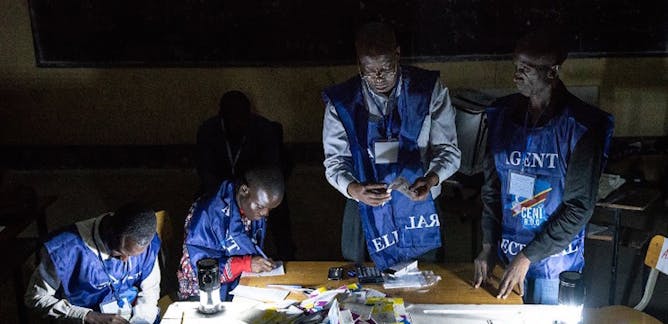
Thierry Vircoulon, Sciences Po – USPC
Après la très probable gueule de bois électorale en RDC, on peut dessiner l'après-scrutin grâce aux déclarations du président sortant et de l'examen de la Constitution congolaise.
|
|
|